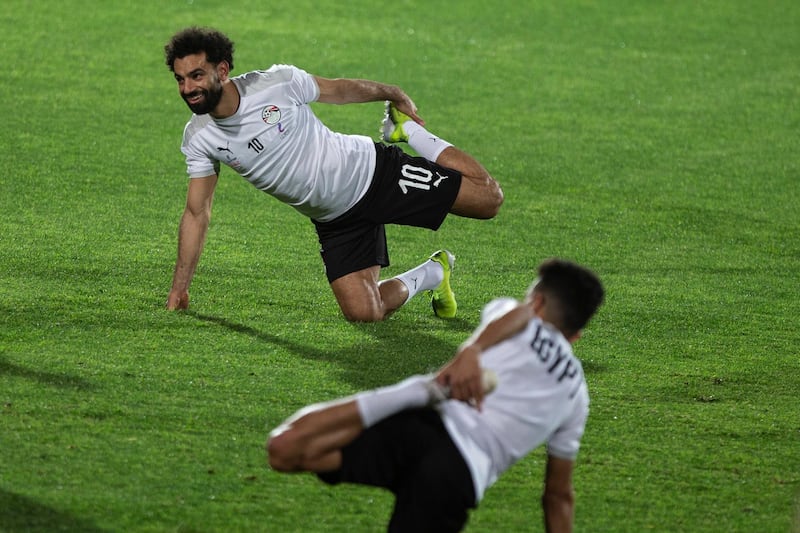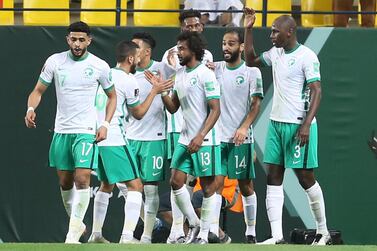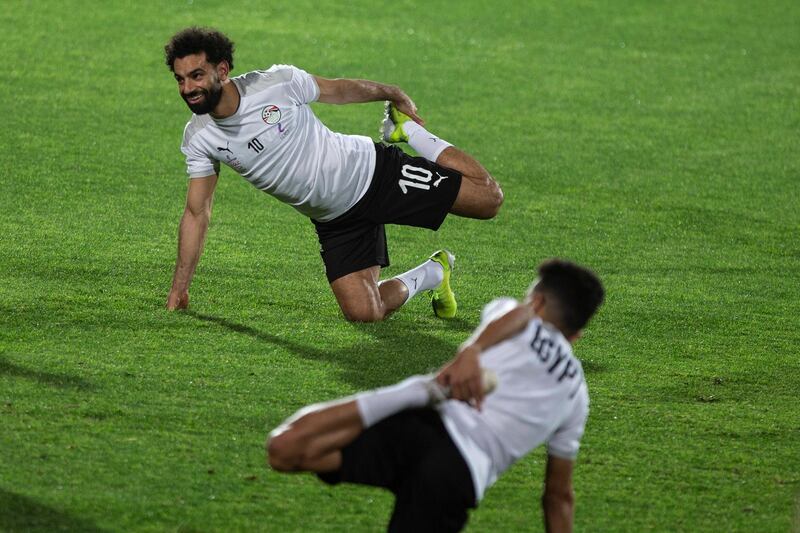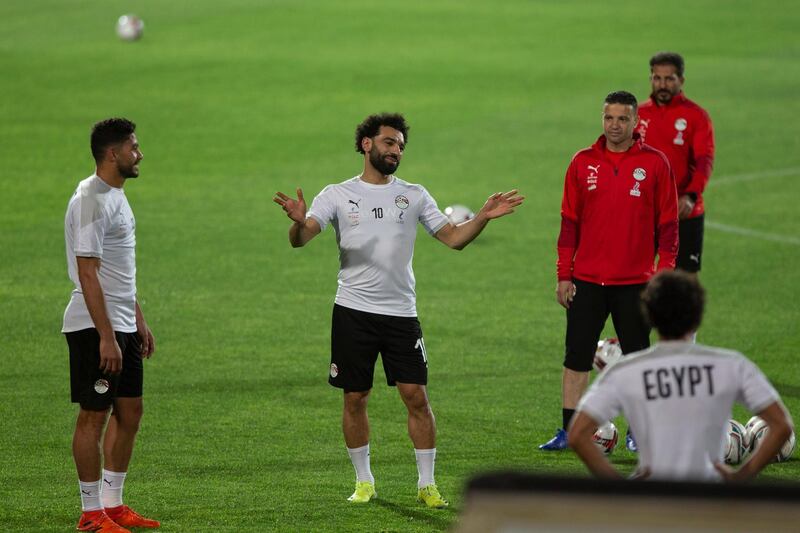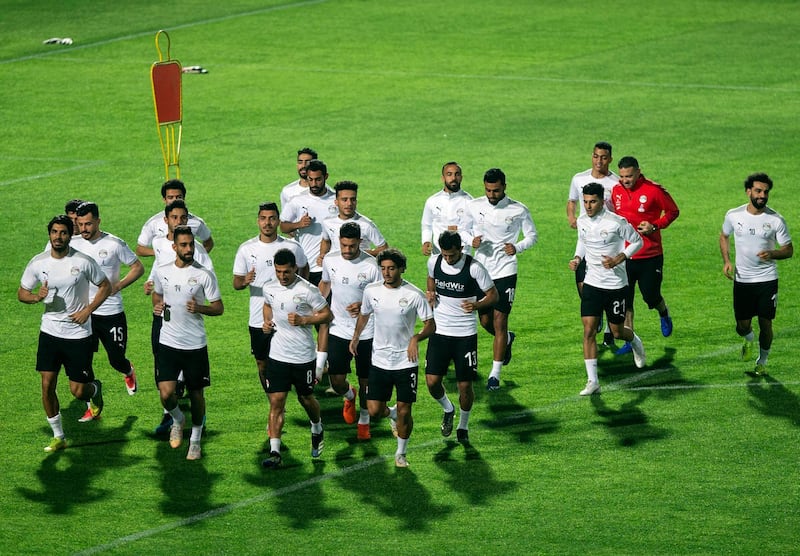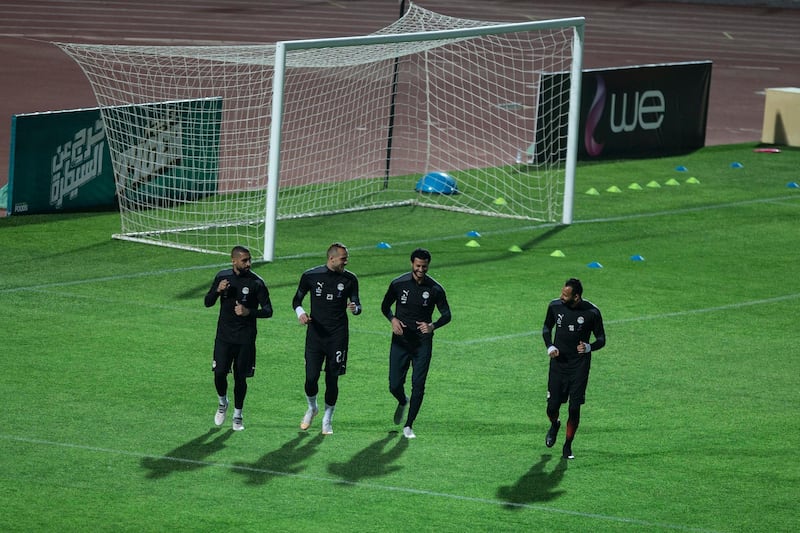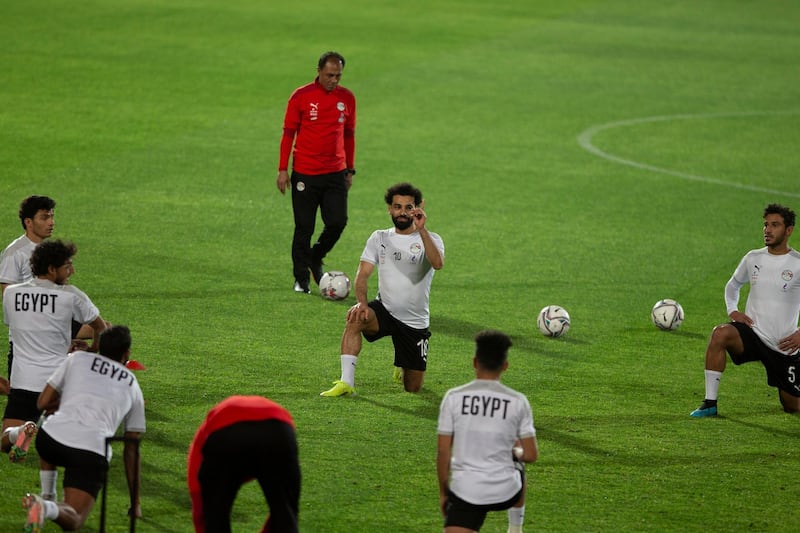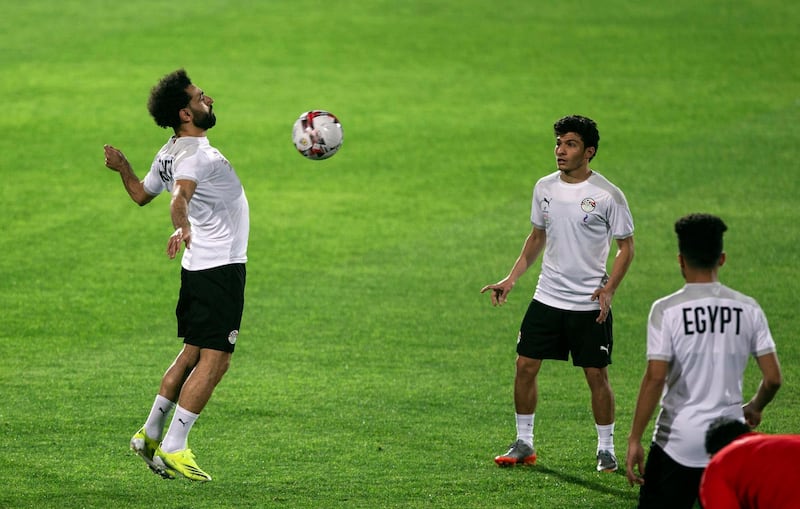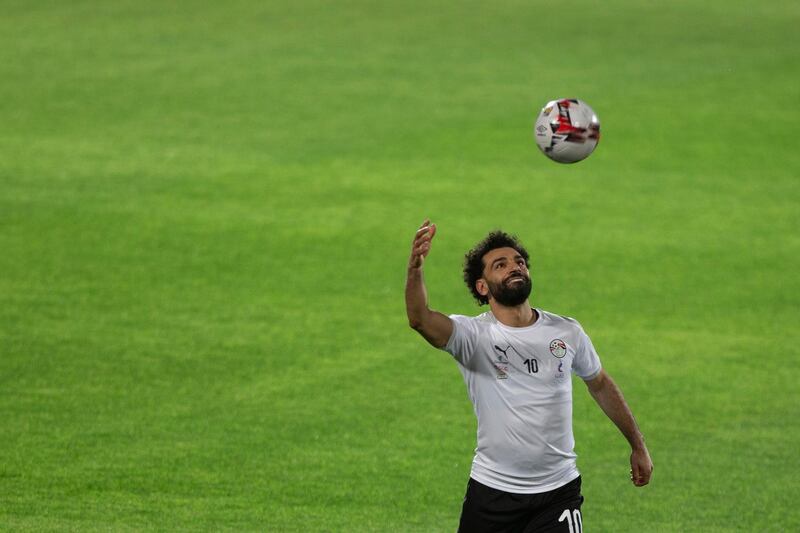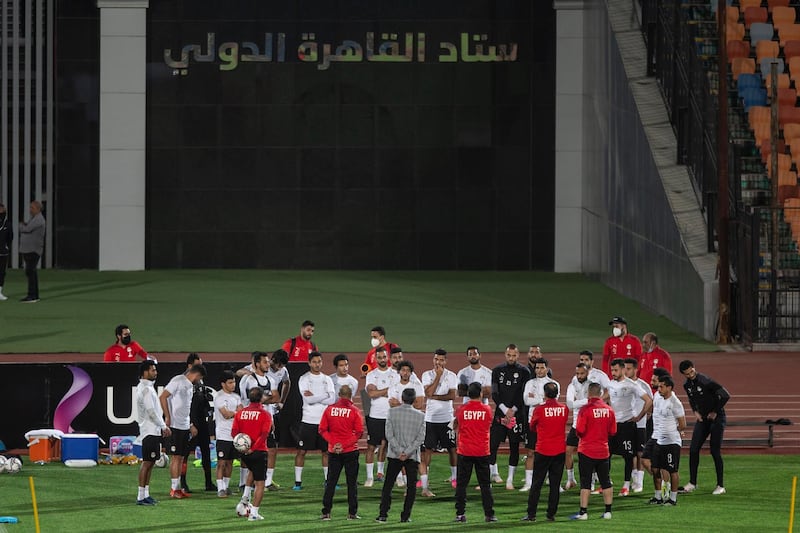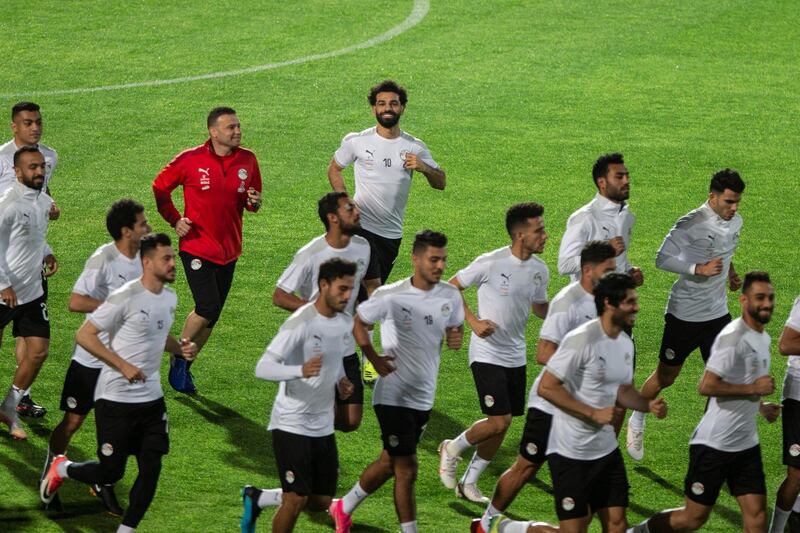It was not really part of the masterplan. When the Confederation of Africa Football took the decision to enlarge their biennial showpiece, the Cup of Nations, four years ago, the continent’s heavyweights breathed a sigh of relief. With 24 places at the finals now on offer, a stumble or two in remote places during qualification would be more easily forgiven. Or so they imagined.
But a scenario designed in part to protect the giants has veered a little off course and become far more of a stimulant to the so-called lesser nations than a safety-net for the grandees. It has done so gloriously if you are a football-loving Comoros islander, or one of the barely half a million inhabitants of the Cape Verde islands. Or if you are from the narrow strip of West Africa that is Gambia.
That trio of nations will be among the upstarts at the 2022 Afcon, scheduled to be held in Cameroon. But South Africa, African champions in 1996 and site of the continent’s wealthiest domestic league, will not be, thanks to a 2-0 defeat in Sudan at the weekend. The South Africans went there needing a draw to qualify, and have returned to exasperated derision.
“A 10th level of Hell,” The Times of Johannesburg called the failure, South Africa’s fourth time falling short of reaching the finals in the last seven attempts but their first debacle under the 24-team finals system.
Nor was the bigger format a wide enough net for Zambia, the 2012 champions, or the Democratic Republic of Congo. The Congolese, who have two Nations Cups titles among their honours list, finished third, behind Gambia, in their qualifying group.

That’s Gambia, home to less than two and half million, around 35 times smaller than DR Congo. Granted, Gambia’s campaign may have been less hampered by the constraints of the pandemic-induced travel restrictions than some others.
And they were condemned by opponents Gabon for subjecting Pierre-Emerick Aubameyang and his compatriots to an overnight airport wait without accommodation for Covid tests before the Gambia-Gabon qualifier. But they have still had to conjure their miracle from very limited resources.
The complexities of international travel under current conditions have affected the Afcon qualifiers. Just ahead of the last week's final rounds, Fifa announced there was no obligation for clubs to release players for national teams. South Africa bemoaned, among other setbacks, that Thulani Serero, of Al-Jazira, had not been able to travel from Abu Dhabi for their matches against Ghana and Sudan.
Frantic lobbying, meanwhile, was launched from the Comoros Islands – population of less than 900,000 – among other places. Going into the last two matches of qualifying, the Comoros needed a point to achieve what not so long ago would have been beyond imagining – a place at an Afcon.
But without the large tranche of players based at clubs in France, their prospects of grasping that point, against either Togo or Egypt, would have been severely compromised. Very late in the day, the French government agreed to lift quarantine obligations on footballers returning to French clubs from international duty, with certain conditions.
For the Comoros, that was a special blessing. Like other upwardly mobile national teams from Africa of recent years, their rapid rise – they were not even a Fifa-registered entity until 2005 – is in large part due to their scouring and galvanising players from the Comorian diaspora, especially in France.
Of the squad who held Togo to a 0-0 draw, prompting vivid celebrations across the small group of Indian Ocean islands, 15 play in France, mostly at a level below Ligue 1. Even more were born in France, to Comorian families.
The Comoros will go to the finals next January with no superstars. But they have a worldly striker in El Fardou Ben Nabouhane, who has played Champions League football for Red Star Belgrade, and a sheer, rising momentum.
The Comoros won their first competitive match only five years ago. “We have come up from a very low base,” said midfielder Rafidine Abdullah, a former France under-20 international. “Some of my team-mates can remember when they hardly had any kit.”
There is inspiration, too, from other islanders. Madagascar reached the quarter-finals of the 2019 Afcon, their debut at the tournament. Cape Verde, spearheaded by Al-Nasr’s Ryan Mendes, are fast becoming masters at punching above their weight.
They were a surprise package when they reached and then made the last eight of the 2013 Afcon. Next year Cape Verde will be at the event for a third time. From the mainland, the fallen giants of DR Congo and South Africa will be looking on in envy.
